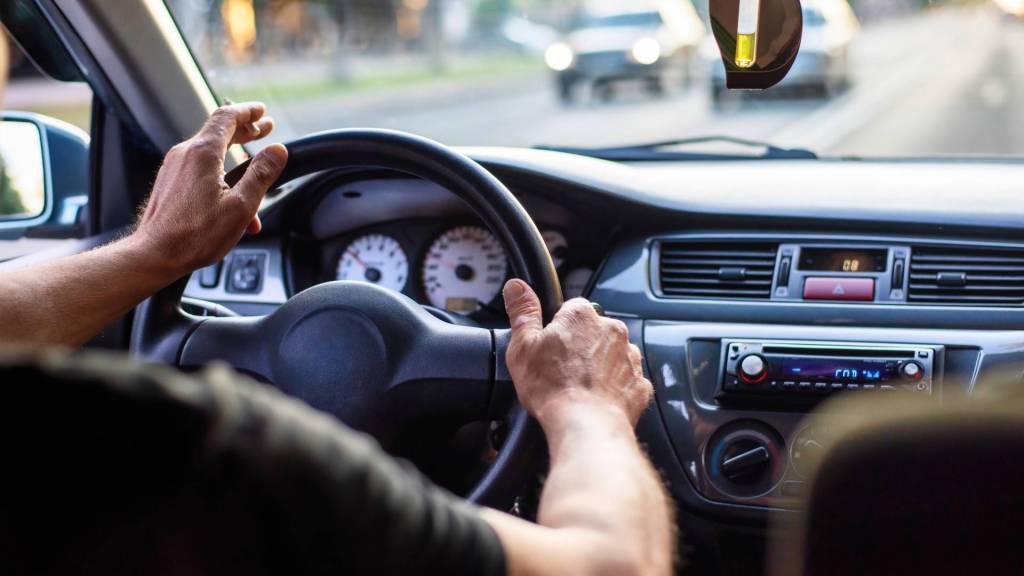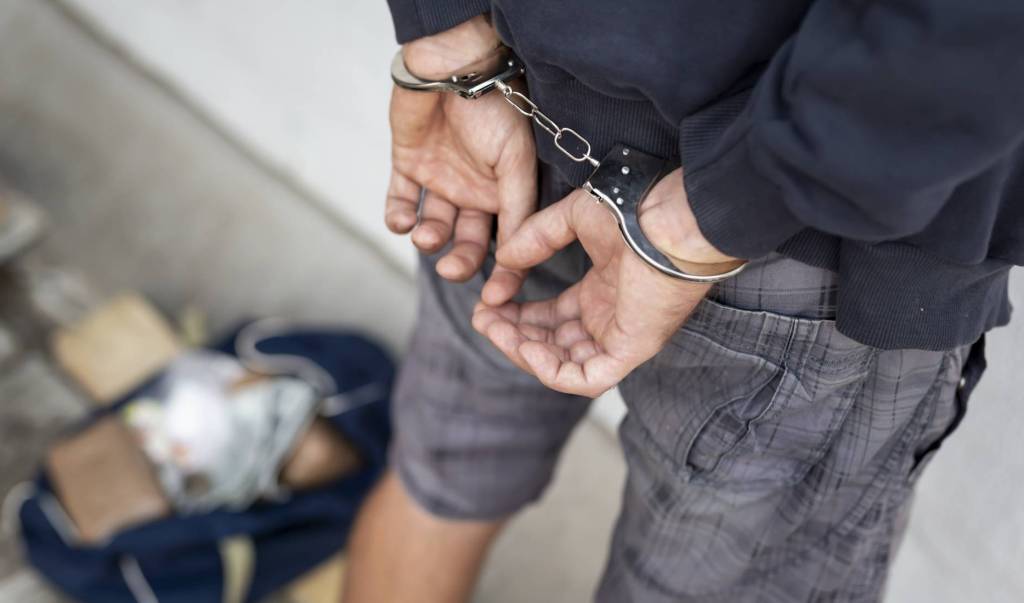If your Missouri driving privilege is suspended, revoked, or denied and you are not currently eligible for reinstatement, but you need to drive for employment or other important matters, you may be eligible for a “hardship license” with the help of a Jefferson County hardship license attorney.
A hardship license – also called a limited driving privilege or “LDP” in Missouri – allows someone with a license that has been suspended, revoked, or denied to drive a motor vehicle only for purposes related to work, school, medical care, childcare, or legal obligations.
What steps will you need to take in order to obtain a limited driving privilege in this state? Who qualifies for an LDP? If you continue reading, you’ll learn the answers to these questions, and you’ll also learn more about driving privileges and hardship licenses in the State of Missouri.
Under What Circumstances Are Licenses Suspended or Revoked in Missouri?
Driving is a routine, daily part of life for most of us. A license suspension or revocation may cause substantial hardship by preventing you from driving to your job, school, bank, and medical appointments. When and why would your driver’s license be suspended or revoked?

The most common reason for a license suspension or revocation is that the driver has accumulated too many points on a driving record. Generally speaking, a conviction for any traffic violation will result in at two several points being added to your driving record. If you receive:
- 8 points within 18 months, your license is suspended for 30, 60 or 90 days
- 12 points within 12 months, your license is revoked for one year
- 18 points within 24 months, your license is revoked for one year
- 24 points within 36 months, your license is revoked for one year
The license of a driver can also be suspended or revoked in Missouri when a driver is convicted of driving while intoxicated (DWI). A first DWI conviction carries 8 points and triggers a ninety-day suspension. A second DWI conviction more than 5 years from the first conviction will result in 12 points and a one-year revocation. A second DWI conviction within five years of the first conviction will result in a five-year license denial.
How Do You Obtain a Limited Driving Privilege?
If your license was suspended or revoked for too many points, you may be eligible for a limited driving privilege by purchasing SR-22 auto insurance, installing an ignition interlock device (IID) in your vehicle (in some cases), and by completing and filing Form 4959 with the Department of Revenue (DOR). An attorney should review your paperwork or help you complete it.

During a ninety-day suspension for first offense DWI, there are two ways to obtain an LDP. The first option is to serve the first thirty days of the suspension (this is called a “hard walk”) and then purchase SR-22 insurance. Once this step is complete, the Department of Revenue will mail the LDP to the driver.
The second option allows a driver to obtain a driving privilege from day one of the suspension and not suffer the thirty-day waiting period. The driver must show proof of SR-22 insurnace, install an IID in your vehicle, and file a limited driving privilege request with the DOR. Again, you should ask a Jefferson County hardship license attorney to review your paperwork or help you complete it.
What About Longer DWI-Related License Revocations?
During a one-year DWI-related revocation, you must purchase SR-22 insurance, have an ignition interlock device installed in your vehicle, and submit a request to the Department of Revenue in order to have the limited driving privilege granted.
For a five-year DWI-related denial, unless the driving while intoxicated conviction was a felony conviction, you must apply to the Circuit Court that convicted you to request a limited driving privilege. This is a much more involved process that involves filing a lawsuit against the DOR in order to secure a LDP. A Jefferson County hardship license attorney can explain the details and guide you through the process.

When you purchase a SR-22 policy, the insurer notifies the DOR and provides proof that the insurance is in place. Some auto insurance companies do not offer SR-22 policies, so your current policy could be cancelled (or not renewed) because it is no longer the policy you need.
Who Isn’t Eligible for a Limited Driving Privilege?
Some convictions and license revocations are so serious that an LDP may not be granted. Which convictions and revocations make a driver ineligible for a limited driving privilege? In Missouri, the reasons why someone may not qualify for an LDP include, but are not limited to:
- You’ve been convicted, during the last five years, of a felony involving a motor vehicle.
- Your license was revoked for failing a driving or medical exam required by the DOR.
- Your license was suspended for an unsatisfied accident judgment or not paying a ticket.
- Your license was suspended for a DWI conviction.
- You have an “administrative” alcohol-related license suspension from the DOR.
- You do not reside, work, or attend school in Missouri.
If your license is suspended for a DWI conviction, you are ineligible for an LDP, but if the conviction is for a misdemeanor – and not for a felony – you may qualify for the Missouri “restricted” driving privilege (RDP) program. Your lawyer will explain what steps to take.
What Are the Other Consequences of DWI Convictions?
A license suspension is only one of the penalties if you are convicted of DWI in Missouri. A DWI conviction in Missouri may also mean fines, jail time, court-ordered installation of an IID, and even court-ordered counseling and treatment. A felony DWI conviction could send you to prison.
Moreover, the consequences of a DWI conviction extend beyond the merely legal ramifications. If you drive for a living or if driving is a big part of your work, you may have trouble keeping your job or finding similar employment. Your auto insurance rates will also go up.
If you hold a professional license, your professional licensing board will probably take disciplinary action after a driving while intoxicated conviction. If you are not a citizen of the United States, a DWI conviction could trigger a deportation proceeding.

Whoever you are, a DWI conviction could cause you to lose the trust and confidence of your friends, loved ones, neighbors, and colleagues – and you’ll have a criminal record with a recent conviction on it.
DWI is dealt with seriously by the police and the courts in Missouri, and if you are charged with DWI, you will require the advice and services of a Jefferson County DWI attorney who will answer your questions, protect your rights, and fight to have the charge reduced or dismissed.




